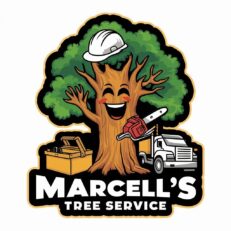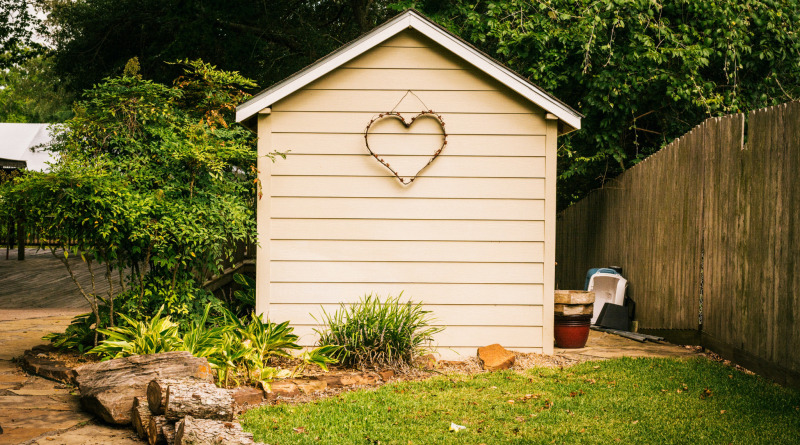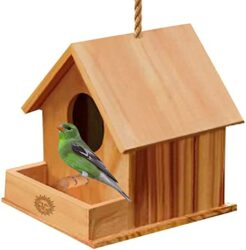Here are 10 root problems that can be bad for trees:
- Root rot: Root rot is a fungal disease that attacks the roots of trees, causing them to decay and weaken. Symptoms include yellowing leaves, stunted growth, and branch dieback.
- Compacted soil: Compacted soil can prevent roots from receiving adequate oxygen, nutrients, and water, leading to stunted growth, poor health, and root damage.
- Girdling roots: Girdling roots grow around the trunk of a tree, constricting its growth and causing structural problems, such as leaning or cracking.
- Soil erosion: Soil erosion can expose roots to the elements, causing them to dry out, become damaged, and less able to support the tree.
- Overwatering: Overwatering can lead to waterlogged soil, causing root damage, rot, and reduced growth.
- Lack of water: A lack of water can cause trees to become stressed, leading to weakened root systems, reduced growth, and increased susceptibility to pests and diseases.
- Soil pH imbalances: Imbalances in soil pH can affect nutrient availability, leading to nutrient deficiencies or toxicities, which can weaken trees.
- Mechanical damage: Mechanical damage to roots, such as from construction activities or lawn mowing, can cause root damage, leaving trees vulnerable to disease and pests.
- Soil compaction: Soil compaction can prevent root growth and development, reducing the tree’s ability to absorb nutrients and water and leading to stunted growth and poor health.
- Lack of oxygen: A lack of oxygen can lead to root suffocation, which can cause damage, decay, and death of the roots, ultimately resulting in the decline of the tree.
Proper tree care practices, including regular soil testing, proper watering and fertilization, and prompt treatment of any root problems, can help promote healthy root growth and ensure optimal tree health and longevity. Consulting with a professional tree service can help identify any root problems and develop a plan for ongoing root care and maintenance.


